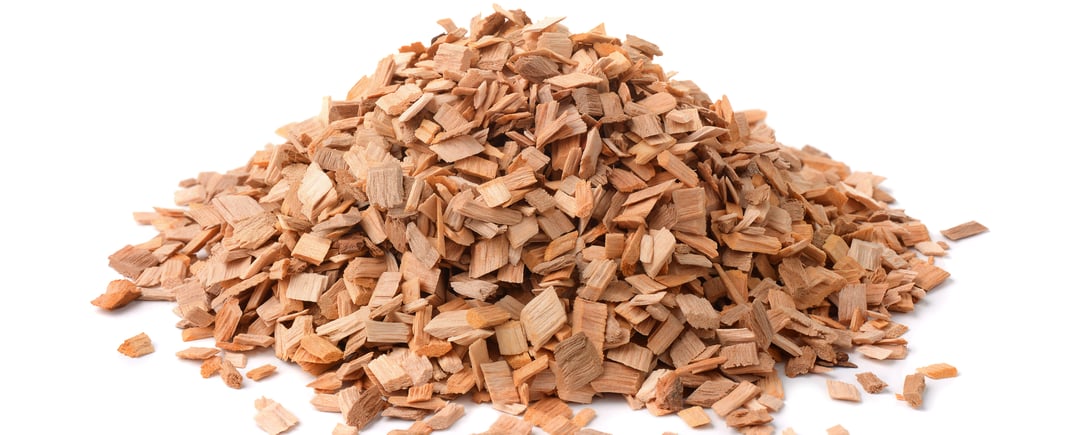Although lyocell entered the world of workwear in the last decade, we have seen an especially marked increase in the use of these bio-cellulose fibers in just the last several years. Why? As environmental awareness has grown within the textile industry, lyocell has been embraced as an eco-friendly and innovative alternative for cotton. But what is the trade-off and what are the possibilities and advantages of using lyocell?
Cotton Clothing: A Winning Combo?
Chances are that you wear cotton daily. From pants to t-shirts, coveralls to sweaters, cotton offers good comfort, durability, and moisture management. However, the cotton production process for clothing is responsible for a large percentage of global pesticide use. As in other industries, textile producers are working hard to offer sustainable solutions, both in the use of materials and in production processes.
If you’re looking for ways to be more sustainable with your workwear solutions, one thing you can do is consider cotton alternatives—like lyocell.
With lyocell, fabric suppliers can produce semi-natural fiber fabrics with a lower ecological footprint than cotton. Because of lyocell’s properties and how it’s produced in a closed-loop process that transforms wood pulp into bio-cellulose fibers, there are multiple sustainability advantages:
- 99% of the solvent used in the process is recovered and reused
- Fibers are harvested from natural forests and sustainably managed timber farms without the use of chemical pesticides
- Water scarcity impact of lyocell fibers is 46L/kg lyocell fiber compared to 994L/kg cotton fiber
- More energy-efficient laundry processes
Comfort, Durability, and Extreme Color Retention
Sustainability benefits aside, lyocell has already been a widely embraced fiber in the consumer market. When it comes to protective clothing, lyocell offers some additional key benefits over cotton:
- Increased Moisture Management: Lyocell absorbs up to 50% more moisture than cotton and evaporates moisture into the air faster, providing a drier, more comfortable feel
- Softer Touch: Cotton fibers have impurities, which can affect the level of comfort in texture. Lyocell fibers have a smoother surface, which is more pleasant on your skin.
- Vivid Colors: Lyocell fibers have high mechanical properties and excellent color retention capabilities that stand up to repeated industrial laundering.
- - High Durability: Lyocell fibers are proven to be very suitable for industrial laundering.
Weaving Sustainability into Your Workwear
As a Health & Safety professional, there are many things you can do to incorporate sustainability in your safety culture. You’ve already taken one step in the right direction by coming here to learn about how choosing lyocell fibers over cotton can lower your workwear solution’s environmental impact. Explore the rest of our blog to continue informing yourself about available fabrics on the market and the trends shaping the workwear clothing industry. And don’t hesitate to reach out to our product specialists; we’re always happy to help answer any questions you may have.






.png?width=399&name=Untitled%20design%20(50).png)
.png?width=399&name=Untitled%20design%20(37).png)

